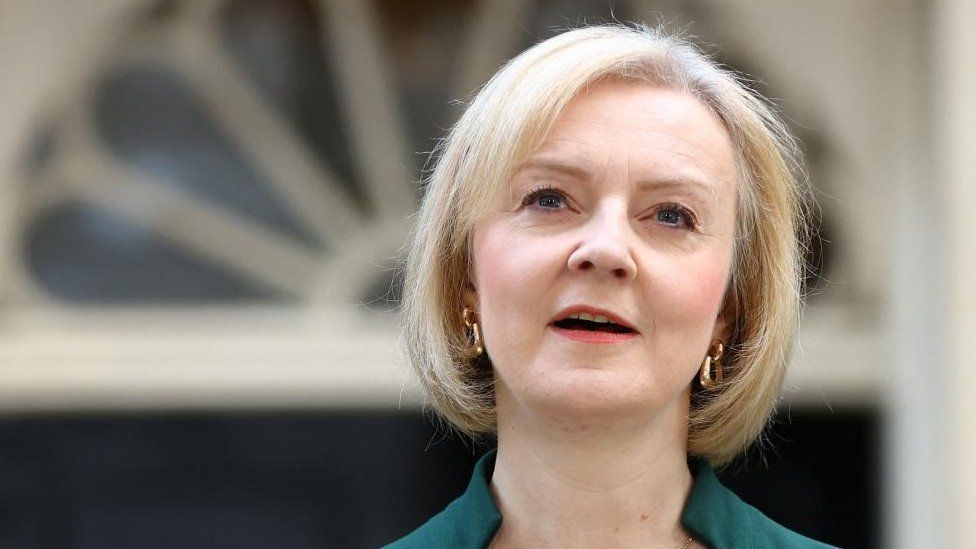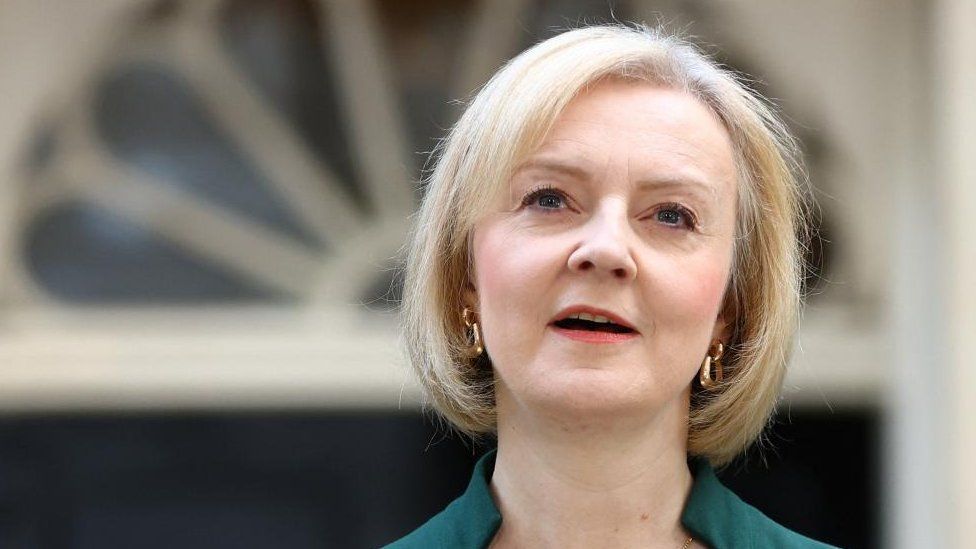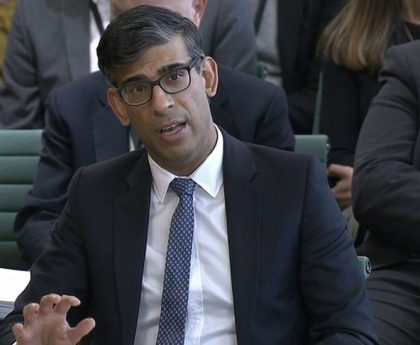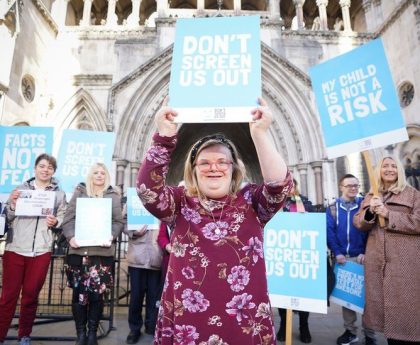 Image source, Reuters
Image source, ReutersI have spent the last couple of weeks reading the former Prime Minister Liz Truss's new book, Ten Years to Save the West.
I was sent a copy to prepare for my interview with her, which you can watch on BBC iPlayer and listen to on BBC Sounds.
It is the best part of 100,000 words long.
You may have seen already some of what is making news from what she has said.
Here is what else stood out for me.
'Faltering' Conservatism
Ms Truss writes that "the Conservative movement across the West has been faltering for almost a generation."
She says the West has become "decadent and complacent," adding that "we have Conservative politicians accepting extremist environmentalist dogma and wokeism".
She argues there are "leftists in the Conservative Party" and the Tories have been insufficiently hungry to overturn some of the decisions taken by the previous Labour government, such as the Human Rights Act.
The former PM says some of her Tory colleagues are what she calls CINOs – Conservatives in Name Only.
She argues the environmental debate is "the single greatest example of Conservatives over the last few decades losing arguments to the Left" and claims plenty of environmentalists are "watermelons" – green on the outside, red (i.e. socialists) on the inside.
She argues the greatest threat to the environment is "the rise of authoritarian regimes".
'The tyranny of the technocracy'
This is a big theme of the book. She thinks there are too many officials with too much power and not enough accountability.
She blames the Bank of England Governor, Andrew Bailey, in part at least, for her downfall as prime minister and would like rid of him. Mr Bailey, for his part, has decided not to respond to her criticism.
She would scrap the independent economic forecaster the Office for Budget Responsibility.
And she would pull the UK out of the European Convention on Human Rights.
Ms Truss reckons too many civil servants are actually political activists
"If you're an environmentalist, you go and work at the Environment Department and if you're an equality campaigner, you go and work at the Government Equalities Office," she said.
"Thus, we end up with activists as civil servants, which I don't think happened in the past and which can present real problems."
Truss thinks furlough was too generous
"This has the effect of preserving the economy in aspic," she writes, "with little incentive for people to respond to the changed world by establishing new and innovative businesses."
'Snobbery' in the judiciary
Liz Truss says her time as justice secretary "radicalised" her.
The judiciary is a "self perpetuating oligarchy," she writes. "[The] sheer level of snobbery… shocked me."
She would scrap the Supreme Court. And she would dismantle the Judicial Appointments Commission.
In short, she thinks power of judicial appointments should lie with elected politicians.
Candid about her own limitations
She says she went about her time as justice secretary "in a clumsy fashion".
"I am gregarious and I like people, but even my best friends wouldn't describe me as a great people manager," she writes, adding that her usual style is "full frontal".
In summary…
Whatever you may think of Liz Truss, if you like political ideas and argument, this is a provocative and enjoyable read.
She gives direct answers to direct questions.
Some, of course, will never forgive her for her time as prime minister.
And some of those are very senior Conservatives.
Labour are delighted she is out and about again – they think her very appearance in a whole load of interviews is hugely helpful to their cause.
And if you are of a sceptical inclination, wondering why or whether she deserves attention, I would say all former prime ministers deserve scrutiny.
And hers is a voice still listened to and influential among her party members, as many Tories privately anticipate losing the election, and consider their future after it.
The former prime minister writes towards the end of the book that "the road to hell is paved with compromise and triangulation."
No one could accuse her of that.





